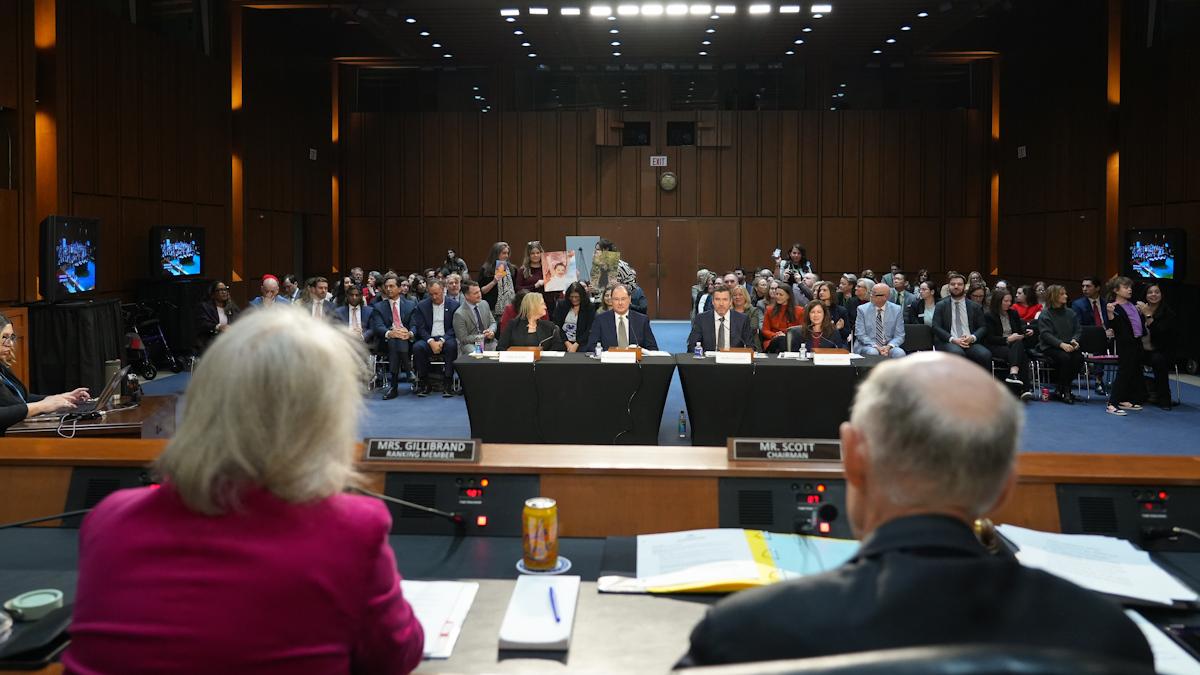FDA issues summary of grants, promotes rare disease research

The US Food and Drug Administration (FDA) has provided an ‘at-a-glance’ summary of the agency’s news.
Seven new clinical trial grants were awarded under the Orphan Product Grants Program during the fiscal year (FY) 2024, addressing unmet needs in rare diseases. In total, clinical research will receive circa $17.2 million over the next four years.
Programmes under the grants include a treatment for Cushing’s syndrome, two treatments for blood disorders, two cancer treatment, a treatment for lymphatic malformations, and a gene therapy for an inherited eye disease.
In addition, three new natural history study grants were awarded under the same Program, providing approximately $4.7 million, again over four years, to advance the understanding of how specific rare diseases progress over time. This includes intestinal failure in children, an inherited polycystic kidney disease, and congenital hypoventilation syndrome.
Director of the FDA’s Office of Orphan Products Development, Sandra Retzky, stated: “There is little knowledge on the progression of many rare diseases, which makes medical product development challenging. These new natural history studies will help address knowledge gaps in support of future clinical trials.”
Also announced was over $5.4 million in funding to support clinical research under the Rare Neurodegenerative Disease (RNDD) Grants Program in FY 2024. The FDA received 15 applications and was able to fund one new grant for $1.3 million annually over four years – approximately $5 million in total – to support development of retinal imaging biomarkers for individuals affected with CADASIL (cerebral autosomal dominant arteriopathy with subcortical infarcts and leukoencephalopathy).
The FDA also provided an additional $4.1 million to nine ongoing studies to support ALS and other rare neurodegenerative diseases including: ultra-rare genetic disorder Niemann-Pick disease, type C; myotonic dystrophy, type 1; and familial dysautonomia.
At the end of September, Zevra Therapeutics' Miplyffa became the first medicine to be approved by the FDA for Niemann-Pick disease.
“The FDA remains committed to supporting medical product development for all rare neurodegenerative diseases,” said Retzky.
The FDA has also issued a new funding opportunity for research in rare neurodegenerative diseases for FY 2025 in order to continue to advance these goals.
On Friday, the FDA authorised marketing of Pi-Cardia Ltd’s ShortCut, a device to prepare previously placed bioprosthetic aortic valves that have failed in certain patients who are at risk of coronary obstruction. The ShortCut received a Breakthrough Device designation, as it is a first-of-a-kind valve leaflet splitting device that may reduce the risk of coronary artery obstruction.












